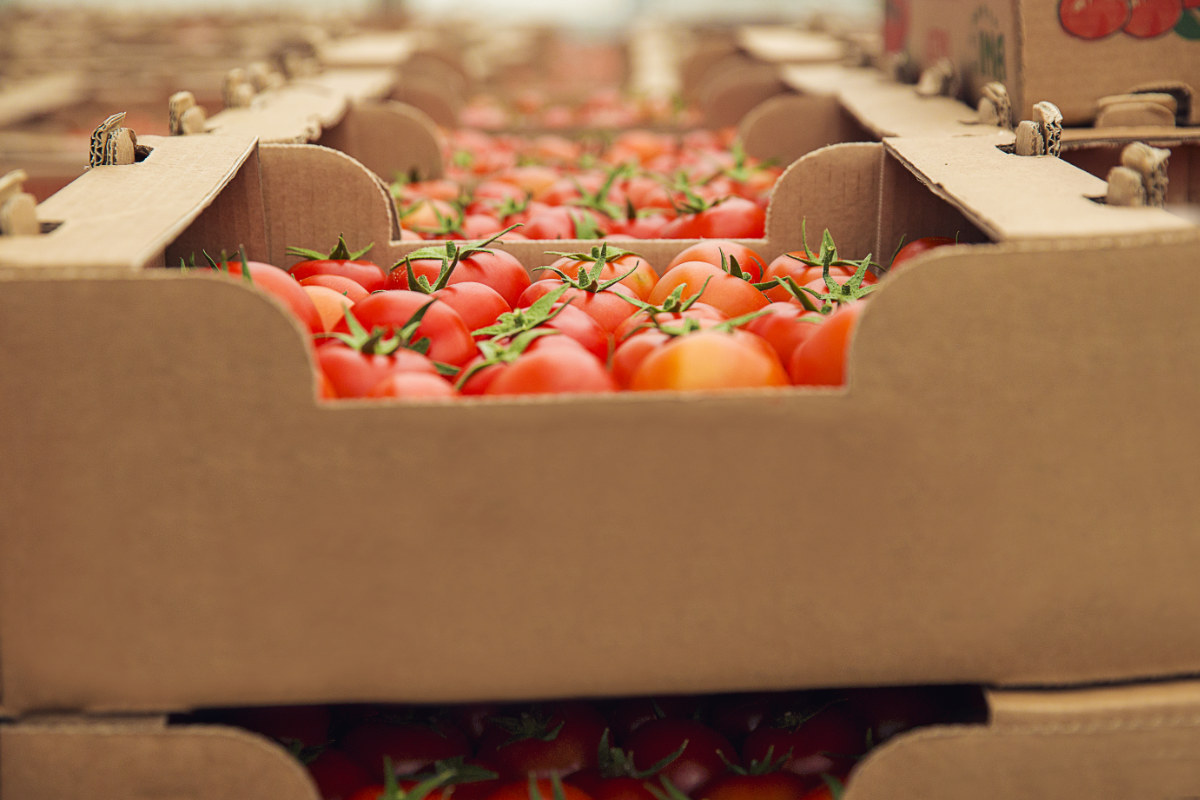The stark reality of global food security in 2024 demands urgent attention: more than 295 million people across 53 countries experienced acute levels of hunger—an increase of 13.7 million from 2023. Yet behind these sobering statistics lies an opportunity for transformative change in how we approach food systems, supply chain resilience, and sustainable agricultural trading.
At Donaeri Holdings, our Food Stuff division operates at the intersection of global commodity markets and local food security needs. This unique position has provided us with critical insights into both the systemic challenges facing global food systems and the strategic solutions that can address them at scale.
The Convergence of Multiple Crises
Today’s food security challenges stem from a complex convergence of factors that traditional supply chain models were never designed to handle. Climate disruptions—including six failed rainy seasons across East Africa that triggered widespread crop failure—combine with geopolitical tensions, supply chain vulnerabilities, and economic pressures to create what experts describe as “conflict-induced famine” in multiple regions.
The data reveals a troubling trend: supply chain disruptions increased by 30% in 2024 compared to 2023, while nine in ten supply chain leaders report encountering significant challenges. These aren’t isolated incidents but symptoms of systemic vulnerabilities that require strategic, long-term solutions.
Rethinking Agricultural Supply Chain Architecture
The traditional linear model of agricultural supply chains—from farm to processing to distribution to consumer—is proving inadequate for today’s complex challenges. Our approach focuses on building circular resilience that can absorb shocks, adapt to changing conditions, and maintain food security even during disruptions.
This requires three fundamental shifts in how we approach agricultural trading and distribution:
Predictive Intelligence Over Reactive Response: By leveraging data analytics and cross-sector insights from our energy and investment divisions, we can anticipate supply disruptions before they become crises. Our risk intelligence platform monitors everything from weather patterns and geopolitical tensions to currency fluctuations and regulatory changes.
Diversified Sourcing Networks: Rather than relying on single-source suppliers or concentrated geographic regions, we’ve built diversified sourcing networks that can shift procurement patterns based on real-time conditions. This approach proved essential during recent disruptions in Eastern Europe and East Africa.
Local Partnership Integration: Sustainable food security requires more than efficient logistics—it demands deep partnerships with local agricultural communities, processors, and distributors. Our model emphasizes building local capacity while connecting regional producers to global markets.
The Role of Technology in Food System Resilience
Data analytics is revolutionizing agricultural supply chain optimization, enabling unprecedented traceability, efficiency, and informed decision-making from farm to table. However, technology alone isn’t sufficient—it must be combined with strategic thinking about how food systems can better serve both commercial objectives and humanitarian needs.
Our integrated approach combines advanced logistics optimization with sustainable sourcing practices that protect biodiversity, reduce environmental degradation, and comply with global supply chain certifications. This isn’t just about meeting ESG requirements—it’s about building supply chains that remain viable and profitable over the long term.
Strategic Opportunities in Crisis Response
While global food crises present humanitarian challenges, they also reveal strategic opportunities for companies positioned to respond effectively. The growing recognition that food security is a national security issue has created new demand for reliable, ethical, and resilient food supply partners.
Our investment in circular economy practices—minimizing waste in logistics and packaging processes—has proven both environmentally beneficial and economically advantageous. By finding ways to repurpose, recycle, and responsibly dispose of materials, we’ve reduced costs while strengthening our sustainability credentials.
Building Toward Food System Transformation
The path forward requires moving beyond crisis management toward proactive food system transformation. This means investing in post-harvest loss reduction technologies, supporting sustainable agricultural practices, and building supply chains that can maintain food security even during global disruptions.
Our commitment to improving access to quality food products in underserved markets isn’t just social responsibility—it’s strategic positioning for a future where food security and commercial success are increasingly interconnected.
As we look toward 2030, the companies that will lead in agricultural trading and food distribution will be those that understand food security as both a humanitarian imperative and a business opportunity. By building resilient, sustainable, and efficient food systems, we can address today’s crises while creating the foundation for long-term global food security.
The challenge is significant, but so is the opportunity. At Donaeri Holdings, we’re committed to being part of the solution—building food systems that serve both people and planet while delivering sustainable returns for all stakeholders.


